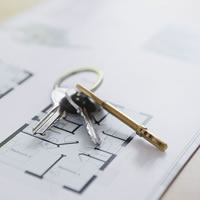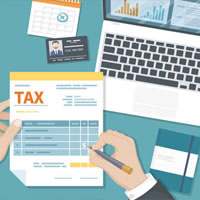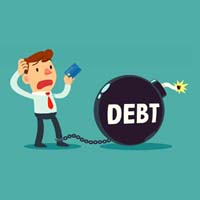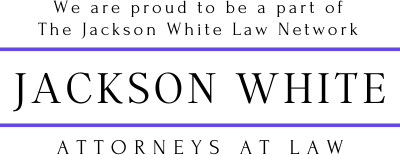Chapter 7 Bankruptcy
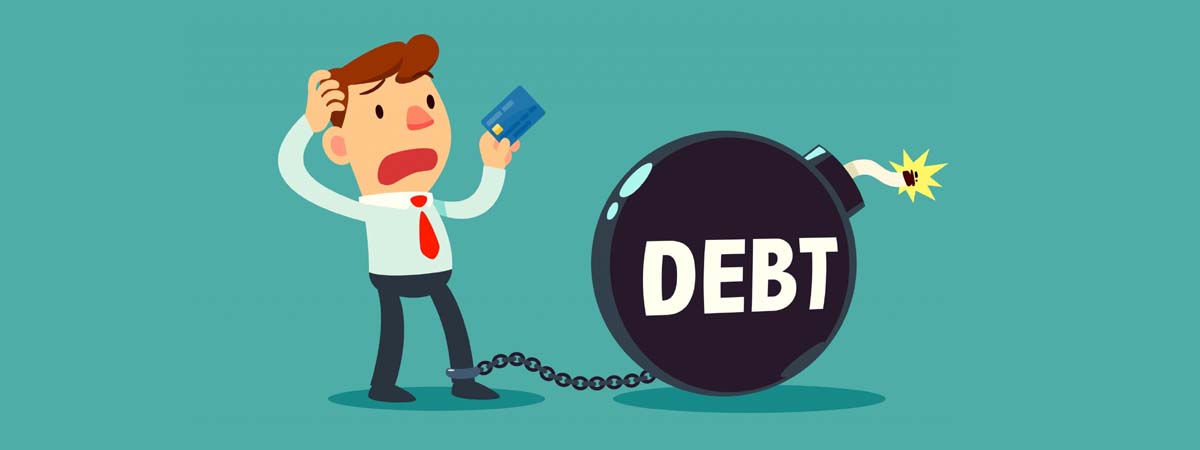
A typical Chapter 7 bankruptcy case is relatively straightforward. You will spend most of your time completing the bankruptcy petition, schedules, and other forms, which will require you to list your debts, assets, financial transactions, and so on. Once you've filed your paperwork, the bankruptcy trustee takes over your case. After you attend a brief court hearing (the meeting of creditors) and meet a few other requirements, you'll receive your discharge and your case will be closed, usually, four-to-six months after you file for bankruptcy.
Chapter 7 Bankruptcy Process
Get mandatory Credit Counseling
You must receive credit counseling during the six-month period prior to filing for Chapter 7 bankruptcy. This requirement was added when the bankruptcy laws were overhauled in 2005. You must get the counseling from an agency that has been approved by the United States Trustee's Office; you can find a list of approved counselors on their website. If you don't get credit counseling
File Your Petition and Other Bankruptcy Forms
To start your bankruptcy case, you must file a packet of forms in court. This includes the bankruptcy petition, a number of schedules listing financial information, and a form on which you list your income and expenses, to show that you can pass the Chapter 7 means test (a prerequisite for using Chapter 7). On your forms, you will also claim your property exemptions, under state and federal laws that allow you to keep certain property in bankruptcy. Once you have completed this part of the process, an automatic stay goes into place and stops most creditor collection actions against you for the duration of your case.
The Bankruptcy Trustee Takes Over
After you file your paperwork, the court will appoint a trustee to handle your bankruptcy case. The trustee's job is to review your paperwork and take your nonexempt property (if you have any) to distribute to your creditors. You have to submit a copy of your most recent tax return to the trustee.
The Meeting of Creditors
You'll receive a notice from the court, telling you when your meeting of creditors (also called a "341 meeting," after its place in the bankruptcy code) will be held. At the meeting, you will have to answer questions about your finances and bankruptcy forms, under oath, from the trustee and any creditors who show up (often, none attends the meeting). This meeting is typically very short.
Chapter 7 Bankruptcy Protection Eligibility and Means Test
At this point, the trustee has gathered and reviewed all of your information and the court makes a decision on whether or not you are eligible for Chapter 7 protection. You might not be eligible if you can't pass the means test (a comparison of your income to expenses to determine whether you could afford a Chapter 13 repayment plan). If the court denies eligibility, you still may have the option to file for Chapter 13 bankruptcy.
Nonexempt Property
If you have any nonexempt property, the trustee will decide whether it's worth seizing and selling, to distribute to your creditors. You may be able to negotiate with the trustee to keep certain nonexempt property if you can come up with enough cash or are willing to give up exempt property instead.
Dealing With Your Secured Debts
If you have secured debts -- debts that are backed by collateral, which the creditor has the right to take if you default -- you must give the property back, redeem it (by paying the creditor what it's worth), or reaffirm the debt (agree that you will still owe it after your bankruptcy case is over). If you reaffirm any debts and are not represented by a lawyer, you will have to attend a reaffirmation hearing before the judge.
Debtor's Education Course
After you file and before you get your discharge, you have to complete a debtor's education course, another requirement added in the 2005 amendments to the bankruptcy law. When you complete the class, you must file Form 423 Certification About a Financial Management Course, with the court.
When is Your Debt Discharged?
From three to six months after you file, you'll receive your bankruptcy discharge in the mail. At this point, the automatic stay is lifted.
When is Your Bankruptcy Case Closed?
A few days or weeks after your discharge is granted, your bankruptcy case will be officially closed, you will no longer be liable to most or all of your creditors, and you can move on with your life.






